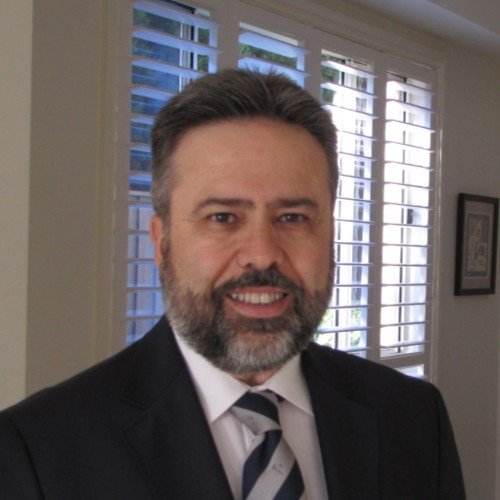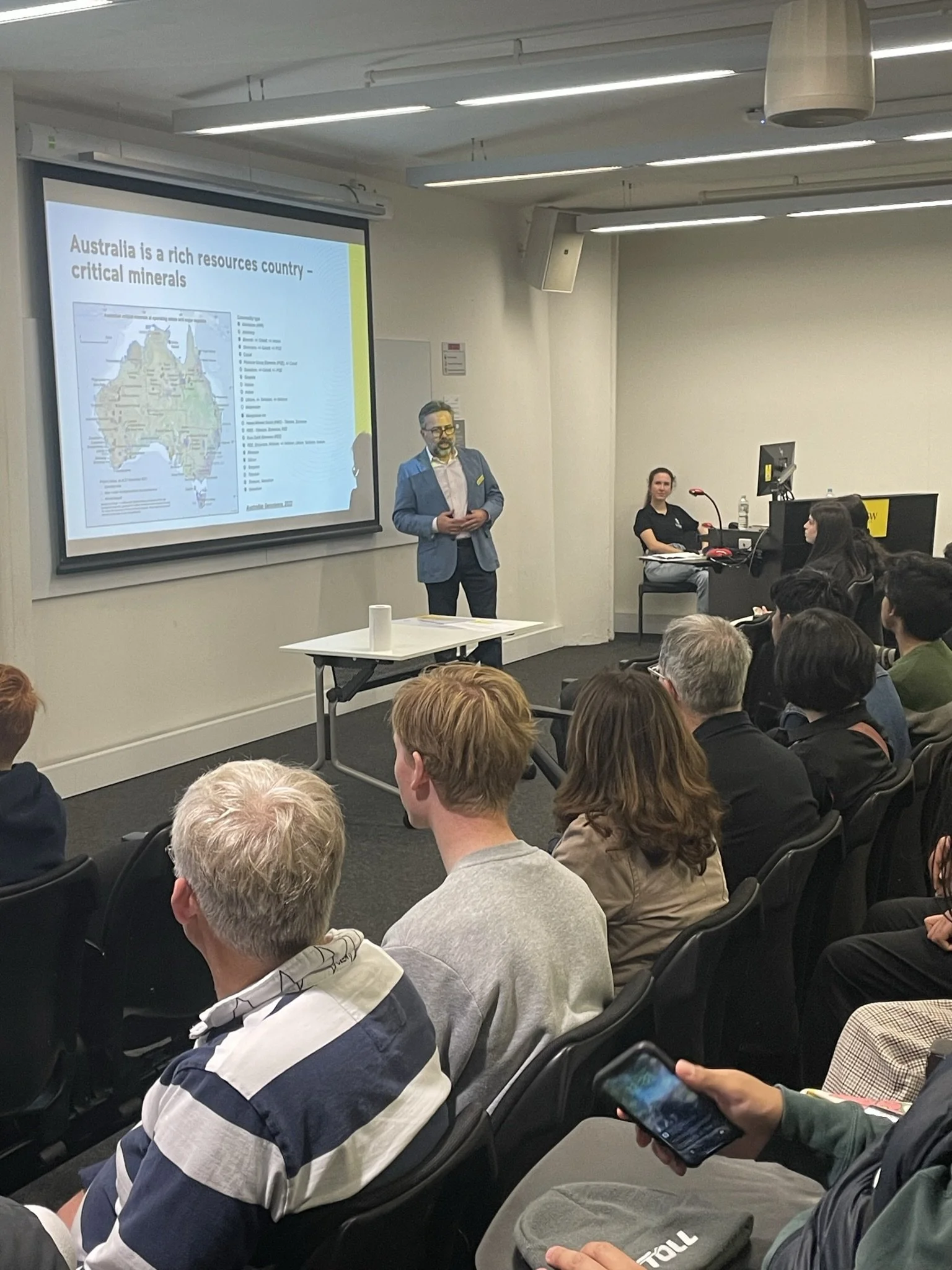Q&A with Ismet Canbulat
NAME
Ismet Canbulat
TITLE
Professor, Head of School and Chair of Rock Mechanics at UNSW
QUALIFICATIONS
Mining Engineering (BSc, MSc, PhD)
Everyone has a story to tell, and this month we asked Professor Ismet Canbulat, Head of School and Chair of Rock Mechanics at UNSW, the hard questions.
What motivates you to get out of bed in the morning?
Like anyone else, I am motivated by various factors that prompt me to get out of bed. Here are a couple of reasons:
• Research, discovery and helping industry
• Passion for teaching
• Supervision of higher degree students
• Commitment to all degree students
• Professional responsibility to UNSW, colleagues, and the academic community
• Contribution to society, and
• Personal fulfilment.
Why did you choose your career and how did you get to your current position?
I initially stumbled into my current career somewhat by luck, but it was a fortunate consequence. As I delved deeper into my studies, I realised that Mining Engineering was not just a random choice but a true passion. The more I learned, the more I wanted to contribute to this field.
To reach my current position, I had to work hard. It was not a straightforward journey. I completed my MSc and PhD while working, which made everything more difficult.
Today, I am proud to say that I have reached my current position through hard work, perseverance, and a genuine passion for Mining Engineering. It is not just a job but a fulfilling career that I am grateful to have stumbled upon and nurtured over time.
What is your favourite part of your job?
I enjoy conducting research, solving problems, and teaching. I also interact with the industry through my roles as chair or a member of Geotechnical Review Boards for various companies and the local and federal governments, which I immensely enjoy.
What do you find most challenging about your role?
Attracting undergraduate students to study mining engineering is probably the most challenging aspect of my role. It requires skills and constant focus, especially when dealing with the dialect of high school students, which I am still learning and developing. Fortunately, I receive significant support from my colleagues at the School.
What is one thing you would like to change about the mining and geotechnics/rock engineering industry?
One significant change I would like to see in the mining and geotechnics/rock engineering industry is the widespread integration of advanced technologies like artificial intelligence and visualisation. These technologies can play a pivotal role in addressing the industry's grand challenges. We can improve safety, efficiency, and sustainability in mining operations by harnessing AI and advanced visualisation tools. This not only enhances the industry's overall performance but also minimises its environmental impacts. Embracing these innovations can lead to a more sustainable and responsible mining industry, a goal I am passionate about.
What areas of the industry or trends do you think will become more important in coming years?
Advances in data analytics and integrated visualisation.
Minimisation of the uncertainty.
Mining in extreme environments includes high stress, temperature, seismicity, radiation and pressures.
Control and management of dynamic failures, and
Time-dependent rock behaviour.
If you could invite three people, alive or dead, to dinner – who would they be and why?
If I could invite three people to dinner, regardless of whether they are alive or deceased, I would choose individuals who have left a lasting impact on our world. The first would be someone like Nelson Mandela, whose dedication to justice, equality, and reconciliation is truly inspiring. Secondly, I would invite Marie Curie, whose groundbreaking scientific discoveries revolutionised our understanding of the world. Lastly, I would choose Mahatma Gandhi, a symbol of non-violent resistance and a champion for social change. These figures represent the best of human potential in social justice, science, and peaceful activism, and I would love to engage in a conversation that explores their life experiences and insights.
What moment of your life would you want to relive – and would you change anything?
I would love to re-live my 40s. It was a transformative and fulfilling period of my life. While there are always moments we might want to change in hindsight, I believe that every experience during that time, both positive and challenging, contributed to who I am today. So, I would not change anything and relish the opportunity to enjoy that phase again.
What is the best advice you have ever been given?
The best advice and support was given to me by my wife, Semsa. I was about to drop out of my PhD a second time, but she encouraged me to continue until I finished my PhD.
What advice would you give to someone considering geotechnical or rock engineering as a career?
A geotechnical or rock engineering career offers a wide range of opportunities, from construction and mining to environmental consulting and infrastructure development. It is a dynamic and fulfilling field for those who enjoy engineering principles and the practical application of geological knowledge. I would offer the following advice:
Start by building a solid educational foundation in geotechnical engineering or a related field, UNSW's graduate diploma and masters programs. A strong understanding of the fundamentals is crucial.
Seek opportunities for hands-on experience through internships, research projects, or fieldwork. Practical knowledge is invaluable in this field.
Connect with professionals in the industry, attend conferences, and join relevant associations. Networking can open doors to valuable insights and job opportunities.
Stay updated with the latest geotechnical and rock engineering developments, which are constantly evolving, so a commitment to lifelong learning is essential.
Cultivate your problem-solving skills. Geotechnical and rock engineering often involve complex challenges, and being able to find innovative solutions is crucial.
Consider the environmental impact of your work. Sustainable practices are becoming increasingly important in the industry.
Prioritise safety in all aspects of your work. Geotechnical and rock engineering can involve hazardous conditions, so a strong safety mindset is essential.
Finally, have a passion for the field and be prepared to persevere through challenging projects. The satisfaction of overcoming obstacles and contributing to the built environment can be immensely rewarding.





